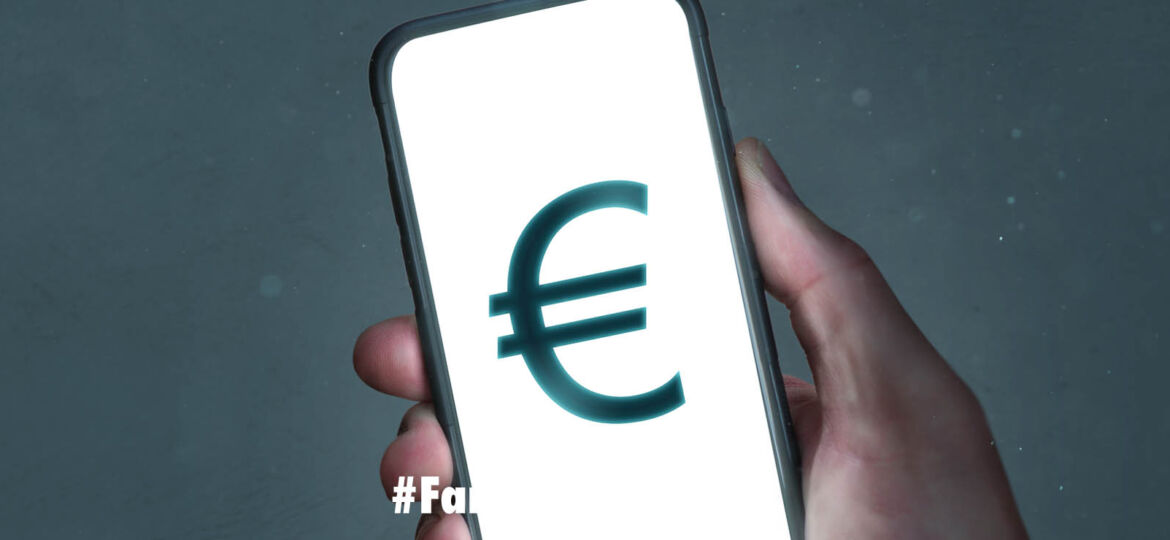
WHY THIS MATTERS IN BRIEF
CBDC’s would let the government see every transaction you make, which could be used to stimulate the economy, cut fraud, and “spy” on people, so the EU is thinking hard about how to please privacy critics.
 Love the Exponential Future? Join our XPotential Community, future proof yourself with courses from XPotential University, read about exponential tech and trends, connect, watch a keynote, or browse my blog.
Love the Exponential Future? Join our XPotential Community, future proof yourself with courses from XPotential University, read about exponential tech and trends, connect, watch a keynote, or browse my blog.
A new European Central Bank Digital Currency (CBDC) that’s been in the works for years would be designed with privacy in mind, although it would never be as private as cash, officials at the European Central Bank (ECB) have announced. And if you follow CBDC’s on social media then you’ll know that this is a big statement because currently there are thousands of accounts trying to undermine the efforts to roll out CBDC’s because they’re seen as a regressive surveillance state-like technology that would let governments “spy” on every transaction users make – unlike cash. And while this is justified, and also accurate, CBDC’s also have their advantages, none of which funnily enough get talked about in these forums, such as helping the unbanked, all 1 Billion of them, get banked which would go someway to helping solve economic and social inequality, and helping governments monitor and stimulate their economies in real time.
Speaking before the European Parliament’s Committee on Economic and Monetary Affairs on Monday, ECB board member Fabio Panetta said a euro CBDC would “complement cash, and mimic the best features of cash payments.”
Still, such a CBDC would most likely not offer the same degree of privacy as cash does, he admitted.
The Future of Finance and Money, by keynote Matthew Griffin
“We will try to replicate the features of cash that people appreciate, that citizens prefer. That is, maximum level of privacy,” Panetta said.
He added that this means a CBDC in the EU will be designed with the “maximum level of privacy” in mind, including a possibility for some small transactions to be made anonymously.
The ECN official said: “We are studying – even though the technology is not mature yet – the possibility of having offline payments, that for limited value payments could give people access to fully anonymous [payments].” But despite talking seriously about the introduction of a semi-private digital euro, Panetta denied that the ECB is planning to get rid of cash in the Eurozone.
“We would not deprive [citizens] of any option,” he said. “The options that are available today for them to do their payments would be available tomorrow, plus one additional option,” he told the lawmakers, before finally adding: “Sovereign money will not only be in physical form, it would also be digital.”
However, while the EU takes its usual sitting on the fence stance on matters elsewhere the Chinese government has no such qualms to eliminate cash as they roll out their E-CYN CBDC, and despite the latest announcements from the ECB it’s guaranteed that it’ll satisfy almost noone on social media and that the anti-CBDC rage will continue unabated.
















